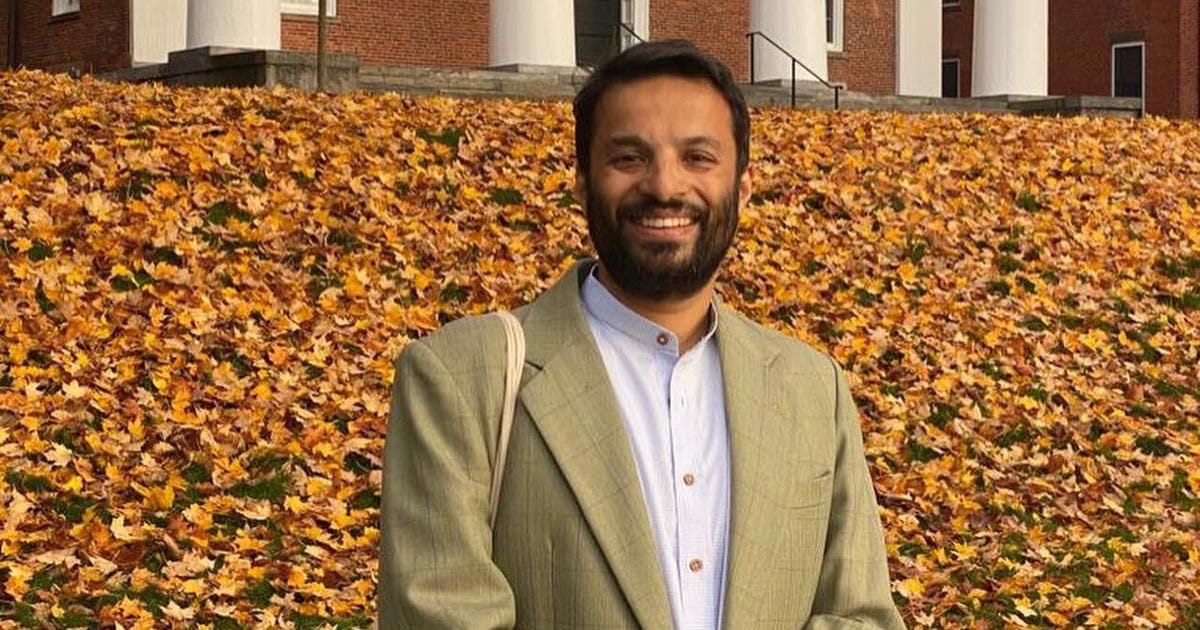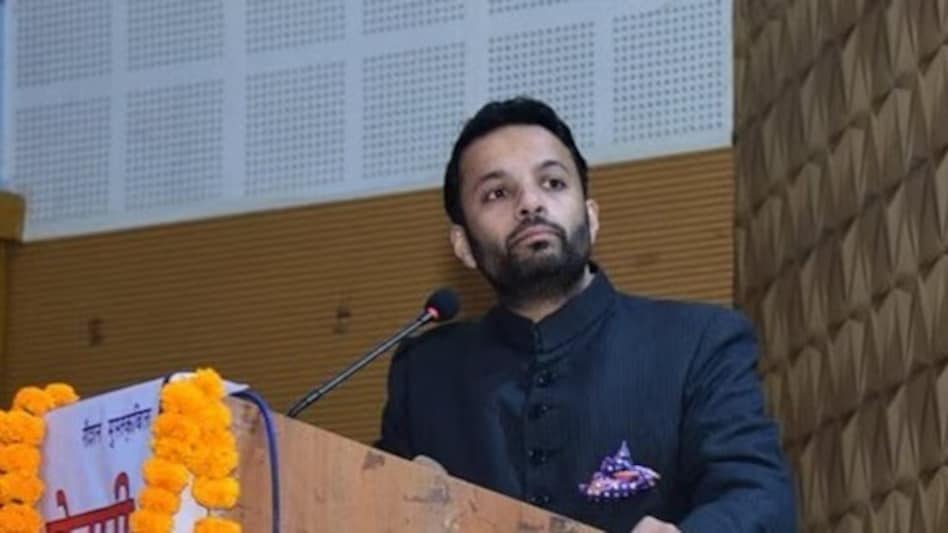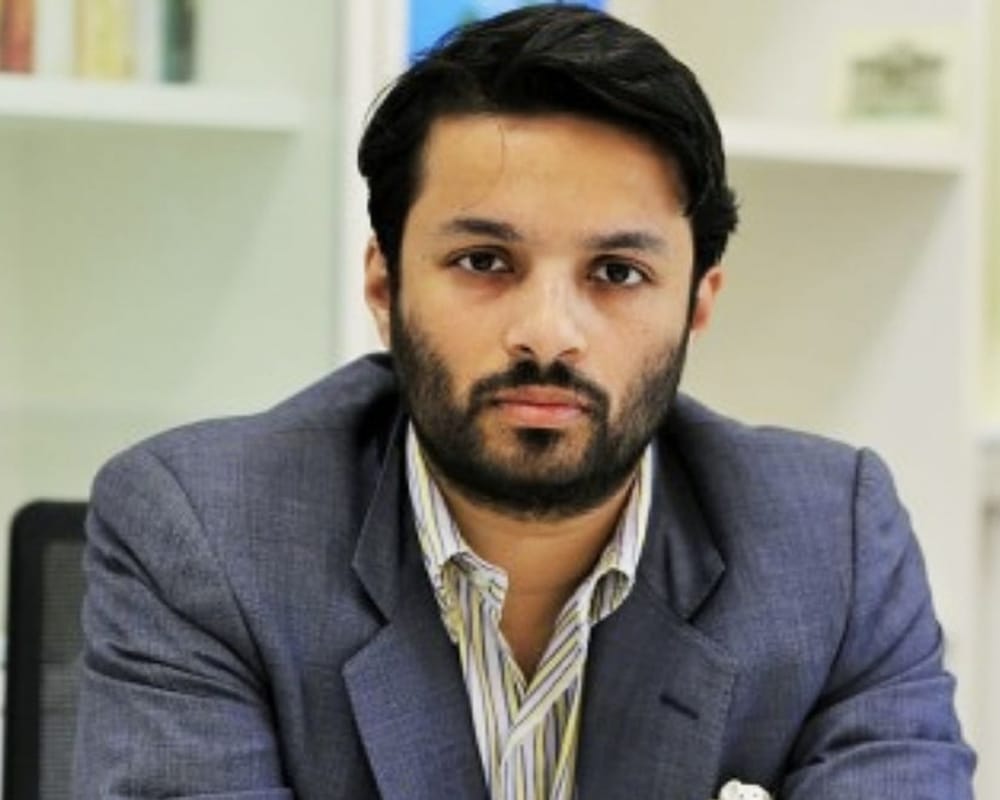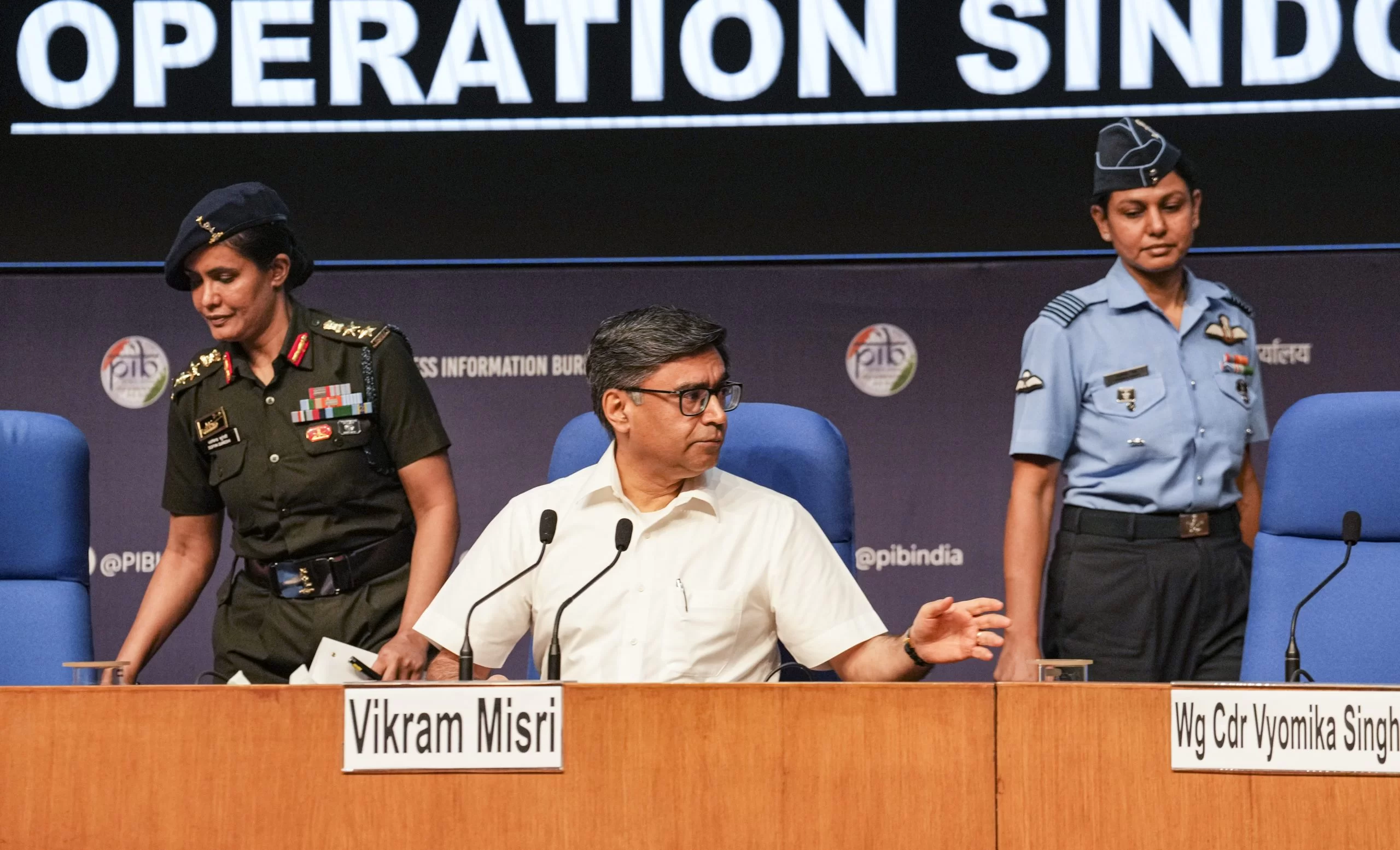This is what Ali Khan Mahmudabad said in his Facebook post on 8th May 2025. His post was a commentary primarily on the Indian state’s actions against Pakistan, Pakistan’s state and non-state actions, the optics of Operation Sindoor and the civil dynamics of war. He noted that with Operation Sindoor, India has set a responsive precedent, one that means a conventional military response would be the answer to further Pakistan incitements, regardless of whether it is a state or non-state actor.
Mahmudabad also condemned those who call for a war, by stating that it disproportionately affects the poor, and that it should be viewed only as an inevitable tool of conflict settlement (given historical precedents of the same). On Operation Sindoor, he specifically expressed his happiness that Colonel Sofia Qureshi was getting applause from right-wing commentators. But he also urged that there needs to be a demand for protection of the Indian citizens who were victims of mob-lynching and arbitrary bulldozing due to subsequent communal conflicts within India.
An Associate Professor of Political Science at Ashoka University, Ali Khan Mahmudabad was arrested on Sunday morning (18th May 2025). The chairperson of Haryana’s State Women Commission, Renu Bhatia had lodged an FIR complaint against him under many sections of the BNS, stating that he was ‘endangering India’s sovereignty‘ via his post. They stated that he had disparaged women officers of the Indian army and that his comments incited communal disharmony.
The complaint had been followed up by a summon from the panel and their visit to the Ashoka University campus, from where they cited that he has ‘escaped‘. Mahmudabad (and his other colleagues) on the other hand, only said that it was common for professors to be out-of-campus at this time of the year, due to the end of semesters and/or research work. In response to the summons, he posted a statement on his Twitter handle, conveying that his comments intended no misogyny, and reiterated that he was advocating for safeguarding both Indian citizens and soldiers.
His fellow faculty members and his students condemned Mahmudabad’s arrest, calling it a violation of academic freedom. They also stated that it went against all the principles that he stood for: his respect for the Indian state and its constitution and his principles of compassion, justice and freedom. Mahmudabad has filed a PIL contesting his arrest, to which the Supreme Court responded agreeing to hear his case.
The politicisation of a humanitarian stance by Ali Khan Mahmudabad
The state’s rationale for Ali Khan Mahmudabad’s arrest is largely based on the fact that his commentary was degrading the war’s rationale, could incite conflict and that it is against Indian sovereignty. But as an academic of political sciences, he analysed state (and non-state) responses to attacks and presented his findings in an open forum. It is worth to note here, that this is an essential function of any democracy and could in no way signify a threat of inciting violence (least of all from an academic whose occupation has to do with analysing political situations.)
Professor Mahmudabad highlights a much larger issue, of how generic social media commentary has been calling for a war in vengeance, something although militarily right, would lead to a humanitarian crisis.
Professor Mahmudabad highlights a much larger issue, of how generic social media commentary has been calling for a war in vengeance, something although militarily right, would lead to a humanitarian crisis. His stance is ethically humanitarian, providing the much-needed critical insight that state conflicts intensify internal socio-religious conflicts within our country.
Moreover, the state’s attitude to approaching this arrest has not gone unnoticed. The vehemence with which he has been arrested is completely unwarranted. He has not criticised a budget mobilisation for development policy that has very little room for criticism, but a war, with rippling effects that affects the lives and livelihoods of many people. This is something that needs to be addressed amidst the propaganda, which borders on unethical pleasure in the suffering of those caught in the crossfire. Mahmudabad’s call for looking into the civil and humanitarian effect of the conflict, has been unnecessarily politicised as violence or hatred.
A road to the failure of academic democracy: the case of Professor Mahmudabad
Public forums should be an open space to discuss how political agendas play out in a country or in the international network. It is a participatory space for critical thinking, to deconstruct political decisions and analyse how it plays out for the citizens it serves. The usage of critical and academic thinking to realise and see deeper into the political propaganda of war and advocate against its ill effects is essential.
In a country fraught with communal, caste-based and gender based violence, such critical thinking beyond stereotypes fed by right-wing propaganda is much needed. It is a crucial way to prevent further conflicts, via a voice of reason.
The censorship of such a voice and the citing of it as sedition, is a bad way to encourage such critical thinking. To the general public, it is a warning sign of how democracy is endangered. Critiquing is an essential part of sharing equal democratic space; a reflection of how a group or individual is socially respected enough to be recognised and criticised. A reflexive way of commenting on women’s actions (or actions that embody aspects of women) is a sign of mutual respect and consideration to be critiqued on, something women unfortunately did not experience for a long time.
There have been many times women representatives have been asked to stand in simply for appearances and show (some could argue it was the same in this case). Understanding this is necessary for women’s organisations and bodies that aim to safeguard women’s rights.
Operation Sindoor: addition to India’s gendered socio-vocabulary
Much of Mahmudabad’s arrest claims had to do with what he commented on the optics of Operation Sindoor. The name of the military operation in retaliation to the Pahalgam attack, has a more layered meaning which needs much critical reading. It is imperative that such critical analysis be presented and shared in the democratic space as well.
From the social perspective of the state, the implications of what Sindoor represents is quite clear, how it is a clapback or retaliation to ‘widowhood’ of the victims of Pahalgam attack. Several people took to social media, and posted that it is because Pakistan had rendered such women unable to apply their sindoor (never mind the irony that such a concept of widowhood is often forcefully imposed by Indian society itself). The patriarchal pride of seeing a traditional and dutiful wife with a red sindoor had been wounded, and this operation was a retaliation to that.
The patriarchal pride of seeing a traditional and dutiful wife with a red sindoor had been wounded, and this operation was a retaliation to that.
From the gendered perspective of the citizens, this is yet another instance of how women’s rage, grief and sorrow are nationally validated, as long as it serves the political agenda of the state. A cursory glance of histories across the world shows us how women are often targeted in wars, purely to drive in and wound that patriarchal pride. Women’s social identities have always been weaponised in war, not because of who they are individually, but because of who they are to the men in the nation. Patriotism thrives better when one is defending one’s mother, sister or wife; rather than when one is defending fellow brothers or men.
The ultimate irony of these optics is not lost here. We live in an India that does not hesitate to defend a woman’s honour as a widow, calling upon the state and fellow men to avenge her husband’s death by attacking the country responsible. But we also live in an India that brings down the same widow, if she wants that process to be done justly without fuelling further religious hate in the country (as in the harassment that Himanshi Narwal faced). Operation Sindoor is a hallmark of how India will use patriarchal concepts, placing women at their centre, not because of their lived experiences or agency, but to make a political statement of its own agenda.
Ali Khan Mahmudabad’s post (and the state’s reaction to it) displays the intersection of patriotism, gendered symbolism, and participatory dissent in India. His arrest is not just about one man’s critique, but about what it means to think critically during a time when national sentiment is weaponised. This moment demands more than indignance, exhaustion or frustration at state responses. It calls for a critical introspection on how we see equality and gender. If we truly value democracy, the real questions should be: who gets to speak, what truths are tolerated, and whose grief is allowed to shape national memory?
Update: On May 21, the Supreme Court granted interim bail to Professor Mahmudabad. However, the Court called his post “dog whistling” and refused to stay the investigation.
About the author(s)
Lakshmi Yazhini is a post graduate student, pursuing an Integrated Masters in Development Studies, at the Indian Institute of Technology Madras. Based in Chennai, Yazhini has an avid research interest in the intersectionality of feminist geography and the state, in peripheral cities. In her free time, she likes to bake, do yoga, read fiction and pen down her thoughts in her journal (which are most often about the micro inequalities around her). Yazhini hopes to explore, write and make a difference about these as a policymaker some day.








